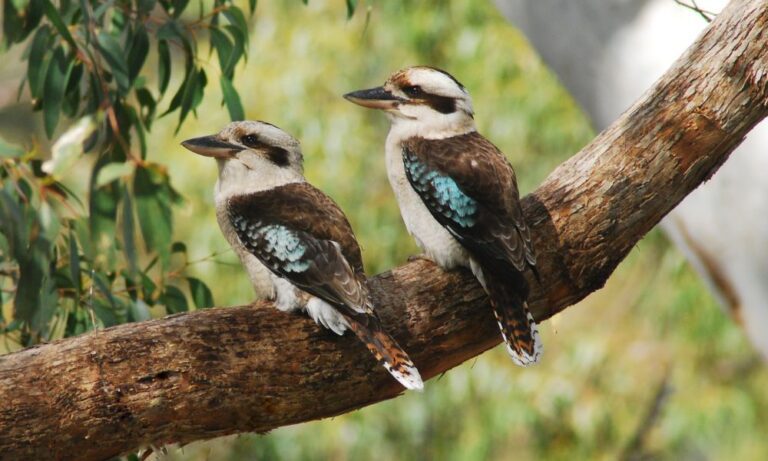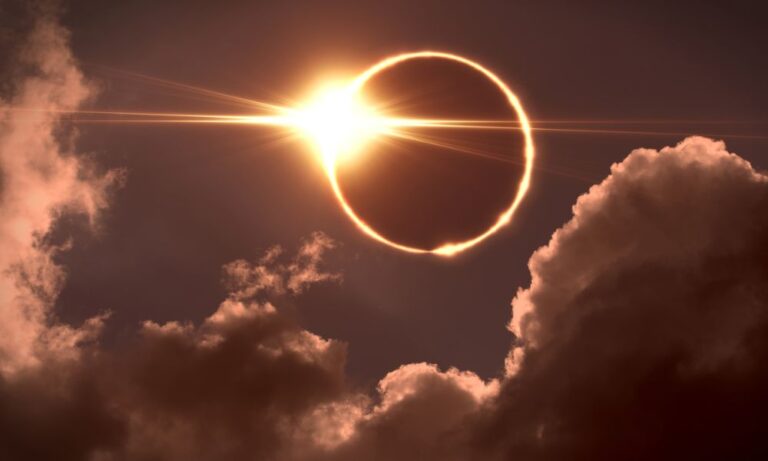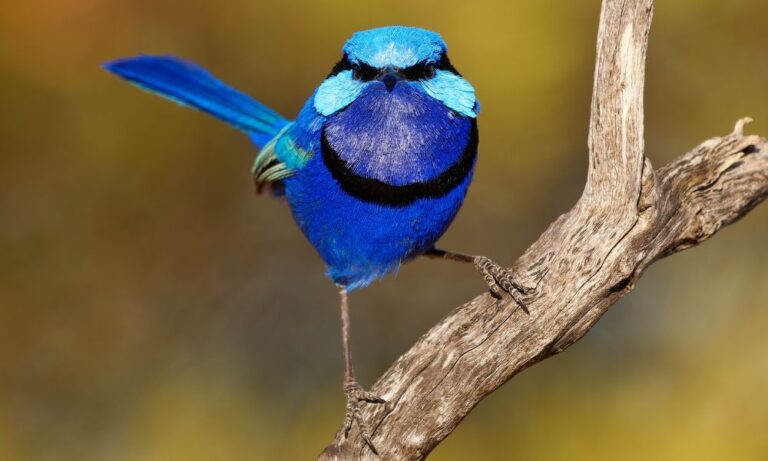How does the ocean inspire you?
The ocean realm is consumed by this impossible sense of balance. As I came to know more about our oceans this has always been the thing that impressed me most. Hundreds of thousands of organisms live in this dynamic liquid world, each highly refined to take advantage of their specific niche, each playing such a critical role in the ecosystem. Time spent underwater feels authentic because it represents nature at its finest.
What has been the most defining moment of your career?
Manta rays are globally threatened species, vulnerable to extinction. Over a decade ago, I began working to list manta rays on CITES, an intern-governmental treaty which will offer them protection across the globe. Over the last decade, my team and I have carefully developed strategies to study key aspects of the biology and ecology of manta rays. This research has played a fundamental role in creating momentum for their protection. It was with great pride and relief that our long-term vision paid off and manta rays were successfully awarded protection on CITES last March in Bangkok.
What has been the most interesting discovery you’ve made during your exploration of the ocean and manta rays?
By far the most interesting discovery that I have made during my career is the discovery of a second species of Manta, which we ultimately learned undertakes long distance migrations and dives into the depths of the ocean almost 1400 meters (4500 feet) from the surface. Both of these interconnected discoveries rocked not only the field I am in, but marine research in general, highlighting once again much there is to learn about our oceans.
Why should manta rays be protected and how do you stay motivated to keep pushing for their conservation?
Every species plays a role in the ecosystem of the ocean – eliminating manta rays will inevitably have an effect on the natural order of the pelagic environment.
Many of the conservation issues faced by our ‘marine megafauna’ globally are similar. As a result there is a large community of like-minded individuals around the world fighting similar fights for their protection. If I had to go at it alone, it might be a different story, but I am fortunate to be surrounded by passionate colleagues that help keep me motivated and focused.
Living my life in the field helps to inspire me too. Enjoying the beauty the ocean on a daily basis is a constant reminder of what we are trying to preserve. But nothing motivates me more than being faced with real-life conservation crises. Witnessing the disrespect of the ocean day after day reminds me of how far we have to go and how little time we have left.
Can you explain more about the idea of “citizen scientists” and how this idea can enhance our greater knowledge of Ocean life?
Citizen Science is about engaging people from all across the globe in a collective effort to learn about the world around us. Collecting data is an incredibly time consuming and labor intensive task. But by appealing to scuba divers and ocean enthusiasts across the globe, anyone can contribute to scientific efforts and help enhance our understanding of the natural world.
If you could choose one wish for the future of the ocean, what would it be?
If I had one wish, it would be that we could find a greater sense of balance with nature, give back to our oceans as much as we take from them. We must learn to respect and take care of our ocean like our life depends on it…because it does.
In what ways do we rely on the world’s oceans without even realizing it? What role does the health of the oceans play in our daily lives?
Humans are slowly coming to the realization that we live on a blue planet. This fact first sunk in when we left our own atmosphere and looked back on our world in the 1950’s. Perhaps like never before we realized the true vastness of our oceans. Water is actually what sets us apart from other planets. It’s what makes our home habitable, beautiful and full of diverse life. Water is without a doubt, the key to life and in our case, it is our great oceans that support the planet and all of the life on it.
The vastness of our oceans and our marine environments therefore inherently affect the planet as a whole. It is surprising for many people to learn that the oceans supply most of our breathable oxygen, dictate world weather patterns, and help to feed the majority of humans on earth. The oceans represent life. Our life.
With every breath we take, we rely on the heath of the oceans and the battle to save them now represents a fight to preserve our own future.
What does World Oceans Day mean to you? What impact does this day have in overall ocean conservation?
If we want to change the fate of our oceans, the impetus is on us to share our passion and develop creative solutions for its protection. For me, World Oceans Day is about exactly that; celebrating the ocean that we love and thinking about ways we can give back.
World Oceans Day should inspire us all to pause and reflect on what the ocean means to us and what we as individuals can do, in our own small way, to give back. Perhaps it means participating in a beach clean up, or even better, making a continued commitment to clean your local beaches. You may want to go on a dive or share your stories and underwater images with friends that don’t know much about the ocean. If you don’t live near the sea, perhaps you want to blog or post about what the ocean means to you and your hopes for its future. If you have children, use the day to enhance their understanding of the underwater world; engage them with marine related educational activities, watch a documentary together and have a question/answer session after it, or take them to a local aquarium or interpretation center. Be creative and have fun, but just don’t let the day pass you by.
Taking a day to celebrate the ocean and the people that help protect it on a daily basis is more important than you realize. We do inherently protect what we love, so ultimately the future of our oceans depends on how we connect ourselves to it and how we inspire others to care about it.







